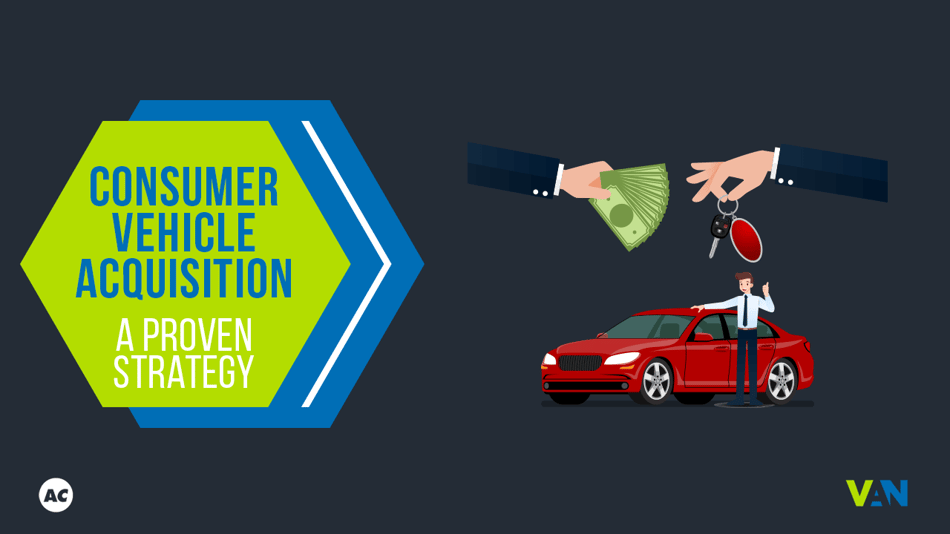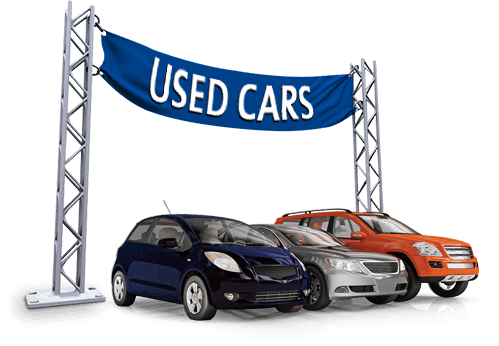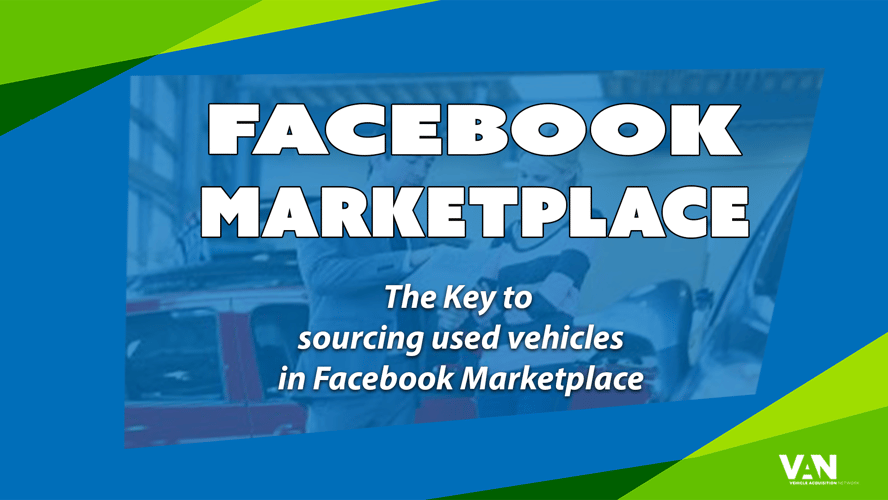Carvana Adopts the Consumer Vehicle Acquisition Strategy

The undisputed leader in the used car business - Carmax, has capabilities in vehicle acquisition that the average dealer does not. Its highly profitable wholesale business is held upright by more than 200 locations across the US, an infrastructure not plausible for the average dealership or group. Needless to say, its consumer vehicle acquisition strategy is a proven approach.
One company that seems to understand this is Carvana - a relatively new player in the space, but one that is now embracing the importance of a consumer vehicle acquisition strategy. With Carvana’s advertising push to buy your car - no trade attached, the automotive darling startup has once again staked its claim against the traditional dealership experience.
“We don’t play dealership games” is the mantra. And while the company is still not profitable, pivots like this do garner attention.
In a recent conversation, industry veteran Ed French responds, “Absolutely! Carvana is a disruptor,” when asked if franchise dealers should be concerned about this play.
French says, “This new acquisition strategy is purely a play to get a cost advantage. They’ve had to go to the street like everybody else but they haven’t had the luxury of new car franchises to acquire trades. They’re having to acquire them through normal traditional channels, and there’s just no juice in that squeeze.”
Carvana presently burns about $50M a quarter. The startup sold approximately 100,000 cars in 2018, but it wants to be selling 2M cars a year within the next 2-3 years. In order to do this, it’s going to need inventory, and it will of course have to be in business. With an average loss of $800 per car, according to French, Carvana must find a way to not only acquire more vehicles but be more profitable.
Enjoy the Preview
Follow the Leader in Consumer Vehicle Acquisition
And who best to look to other than Carmax. In contrast, Carmax sold more than 770k vehicles in 2018. And it profits about $200M each quarter according to a 2018 Q3 press release. The nearly 30 year old company buys EVERYTHING. And with more than 200 locations nationwide, one advantage Carmax has over all others is its wholesale platform.
Wholesale Platform
According to French, Carmax wholesales about 100,000 cars a year, internally and externally. And profitability on its wholesale business is “outstanding.” The reason why is because Carmax retail outlets have the ability to wholesale vehicles from location to location without the typical auction costs that its competitors face.
Carvana sees this, and understands that it too must enable itself with the same advantage if it’s going to compete and be profitable.
Simplifying the Sale
On the surface, Carvana’s message to consumers is that they provide not just an alternative to the traditional dealership experience, but a better experience all together. This applies not only to buying a car, but also selling your car to Carvana. As described on its blog:
In addition to providing car buying customers with an online solution to purchasing and trading in their vehicles, we also allow customers to sell their vehicles outright without the stress, anxiety, and time spent that comes with attempts to sell privately or to a dealership.
While there is truth to the idea that doing business with dealers is considered worse than a root canal, it is only marketing rhetoric. If Carvana wants to profit, which it must, then it can’t risk offering more on vehicles than they are worth. In that sense, they can’t compete on price, only on customer experience, which is something all dealers have the ability to compete on as well.
While there is truth to the idea that doing business with dealers is considered worse than a root canal, it doesn't have to be this way. Carvana seeks to set itself apart from the traditional dealer, however, as we can see, it is clearly interested in adopting business strategies that savvy dealers (such as Carmax) have down to a science.
Key Takeaways
While you might not be able to compete with Carmax and Carvana on their wholesale platform, you can compete with them the customer experience. There is nothing keeping you from being an advocate for the seller and giving consumers a great experience. You can digitize the process, give a fair market quote, offer to pick up their vehicle, etc.
When you see a "disruptor" adopting traditional methods, it says a lot about those traditional methods. But acquiring used vehicles from private sellers isn't necessarily traditional. Vehicle trades and auctions are, but not consumer vehicle acquisitions.





